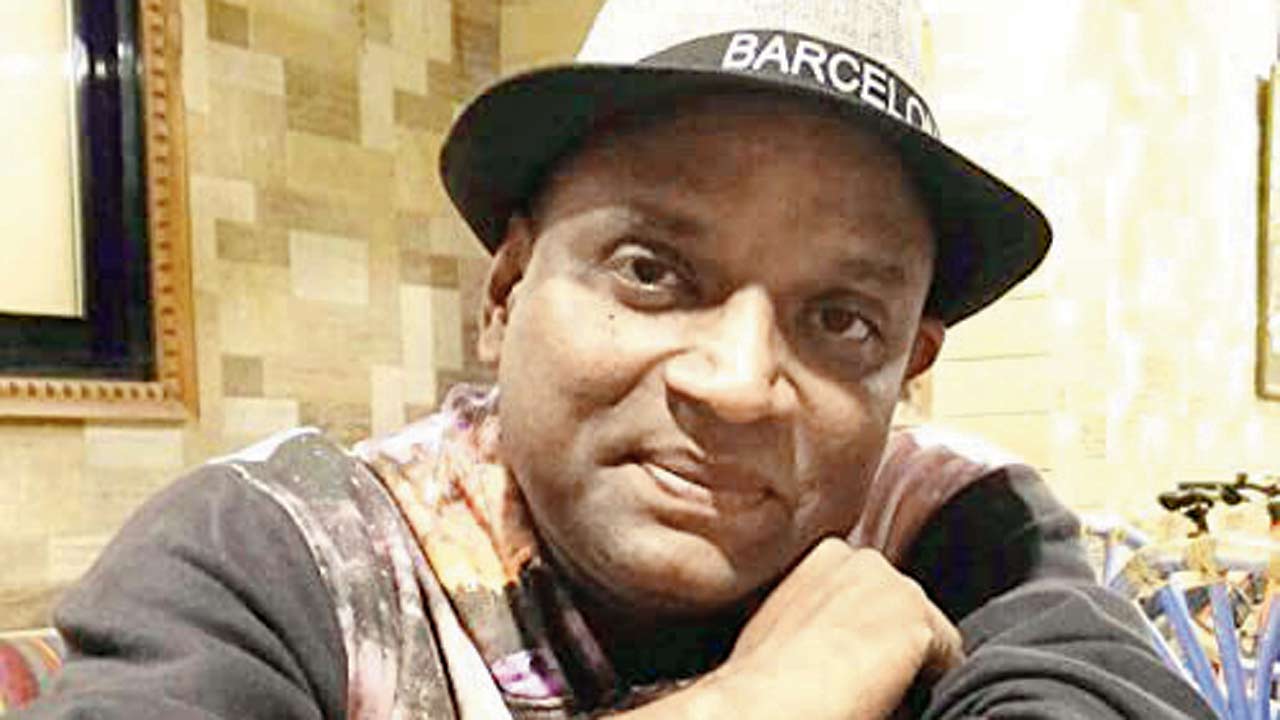Rahul Seth, dubbing artiste for Hollywood big-wigs, lets us in on the process

Will Smith, Colin Farrell and Aaron Eckhart. Pic/Getty Images
Rahul B Seth, the man behind compositions like the recently released Say no to war (lyrical composition), dons several hats. While the musician, who has worked on films like Baaghi, and Fan, considers himself “primarily a composer”, his resume as a dubbing artiste boasts of projects featuring actors like Will Smith, Aaron Eckhart, and Colin Farrell.
Seth, who lent his voice to Colin Farrell’s character (Penguin) in the recently released Batman, calls the art of dubbing synonymous to acting behind the mic. “My job is to learn [about] the actor I am dubbing for, and analyse his personality. Also, every actor has a different tone, and I need to sound like the actor does, off screen too. For instance, if I must dub for Will Smith, an actor [whose baritone] I am familiar with, my attitude has to be just like his, [regardless of the character I dub for].”

Rahul B Seth
However, while he may imbibe his actor’s off-screen persona, Seth says he must punch above his weight to match the actor’s transformation too, for each role. “In Christopher Nolan’s The Dark Knight, I dubbed for Harvey [Dent, played by Eckhart]. Within the film itself, his character undergoes a change. He starts off as a positive guy, who develops a negative streak. There is a significant change in his voice texture, and often it’s like approaching two different characters while retaining a personality trait.”
Hindi film translators’ determination to become increasingly experimental with their techniques has got an impetus with fans’ appreciation. If Ranveer Singh’s Deadpool dialogue, Kitna tras dega, Thanos, quickly became a colloquial phrase, Irrfan Khan’s Punjabi twist to Baloo (The Jungle Book) made the character memorable among desi cine-watchers. Seth admits that the attempt to add Indian flavours to international characters is now being encouraged.
“In Hollywood, there may be certain lines that strike a chord with the audience there. But the Indian audience may not necessarily latch on to it. So, we need to make it more palatable, tone it down, or tweak it, without taking away from the underlying context. In animated movies, we add Indian flavour, because the characters are animated. For example, in the Ghostbusters, for which I dubbed too, they added south Indian and Punjabi accents to make the film more humorous for this audience. Humour is tricky, because even within India, Bengali humour can be different from that of the north or south India. It changes with dialect. Animation also needs much more energy, because it involves high-pitch drama, and slapstick humour,” he says, adding that underplaying a character is the ideal way to do justice to it.
Seth, who is popular novelist Vikram Seth’s nephew, admits that attention was paid to the written word in his household. It is this training that enabled him to also flourish as a lyricist. However, he also realised his passion, and discovered his ability to modulate his voice, with Shankar’s Aishwarya Rai Bachchan-starrer Jeans (1998) becoming the first prominent film he dubbed for. Currently, he is composing for Sunil Tiwari’s next.
 Subscribe today by clicking the link and stay updated with the latest news!" Click here!
Subscribe today by clicking the link and stay updated with the latest news!" Click here!










